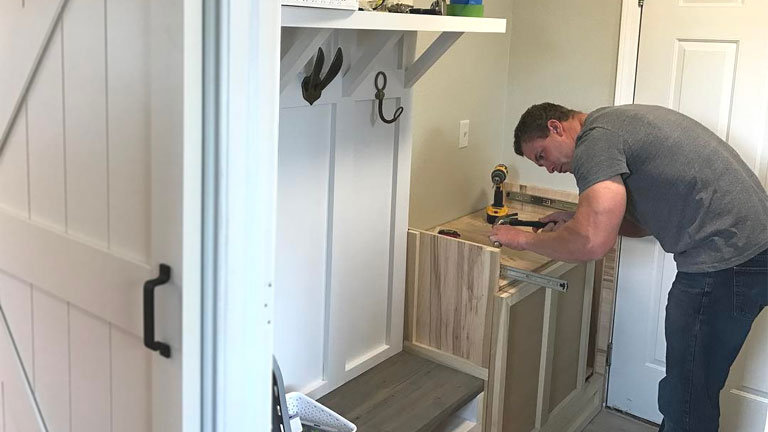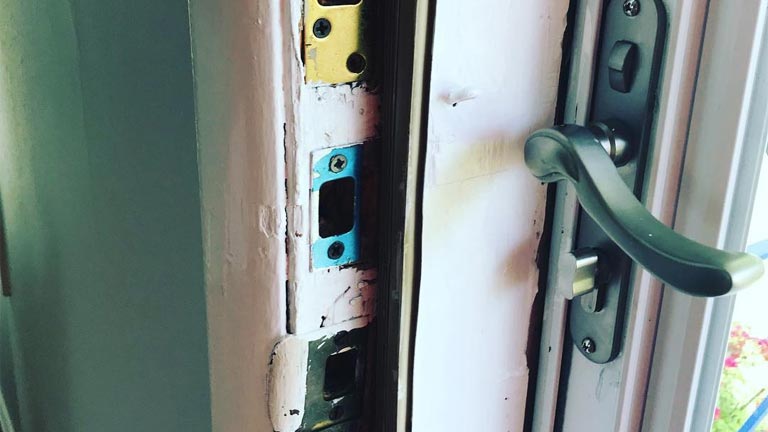
It has become a trend: first, a fresher gets a job, experience, and work knowledge, then they quit the job to start their own business, self-work, or freelance. A handyman is also a versatile professional who can tackle various home improvement tasks. Their expertise is extensive in minor repairs and upgrades to painting, plumbing, gardening, cleaning, carpentry, furniture assembly, home repair, and maintenance.
Nobody likes to repair the household thing from an inexperienced person. That’s why first, they are professionally well-trained and experienced in their field, and after that, they can become a handyman along with their main business. There is a huge demand for handymen in urban cities. As people don’t have time and knowledge to repair small things in their homes, so they call a handyman for medium to minor repair and maintenance.
From DIY to Side Hustle: Become a Self-Employed Handyman
So how to build a successful handyman side gig: from side work to self-employment.
Join the Course
First, you need to get knowledge about a specific field such as becoming a plumber, painter, carpenter, electrician, window cleaner, locksmith, roofer, contractor, and any other field that you find suitable for you and requires home repairs and maintenance. You will get theoretical and practical knowledge in these courses. This is basic knowledge that you learn in other types of courses, degrees, and diplomas. Becoming a handyman involves diverse paths. Consider vocational schools, community colleges, and online courses. Focus on skills relevant to your goals.
Get a Certification
After completing your course, you will get a certificate for the specific course which will make you a certified technician. Further, you can apply for a license based on your course and certification. Handyman certifications demonstrate proficiency in skills like carpentry, electrical work, plumbing, and more. They boost credibility, job prospects, and legal compliance. Consider the National Home Improvement Council (NHIC) certification.
Gain Experience
Now you can join a team or company of plumbers, electricians, builders, carpenters, and more to gain experience. It will be your practical work in the real world. There are different ways to gain experience in becoming a self-employed handyman:
- Learn: Attend vocational schools or community colleges for specific skills like plumbing or electrical work.
- Apprenticeship: Volunteer or apprentice with experienced handymen.
- DIY: Practice on your own home projects.
- Online Resources: Utilize Internet courses and resources.
- Mentorship: Seek guidance from seasoned professionals.
Start Your Work
Now you will be a master of your field and freedom to work as a self-employed plumber, handyman, electrician, pavers, and more. Whether you have your own business or doing a job, you will need to give extra time and effort to become a handyman. When you have less work related to your field, you can turn on your handyman profile, otherwise you can keep doing your main work.
Apply for Handyman
You can apply for a handyman on an online platform, advertise locally, start an online business, and social media channels, and ask for references. You can list your part-time business at the online listing site with the terms – local handyman plus city or town name, for example, handyman north shore auckland. Set your work hours, whether you want to take on projects full-time or part-time. Choose the services you offer – whether you want to be a generalist or specialize in specific tasks. Stay active by working with your hands. Interaction with people regularly engages with clients. No need for employees, office space, or expensive advertising. Especially if you already own tools and have the know-how. Invest in professional certifications or even obtain a contractor’s license for expanded opportunities.




